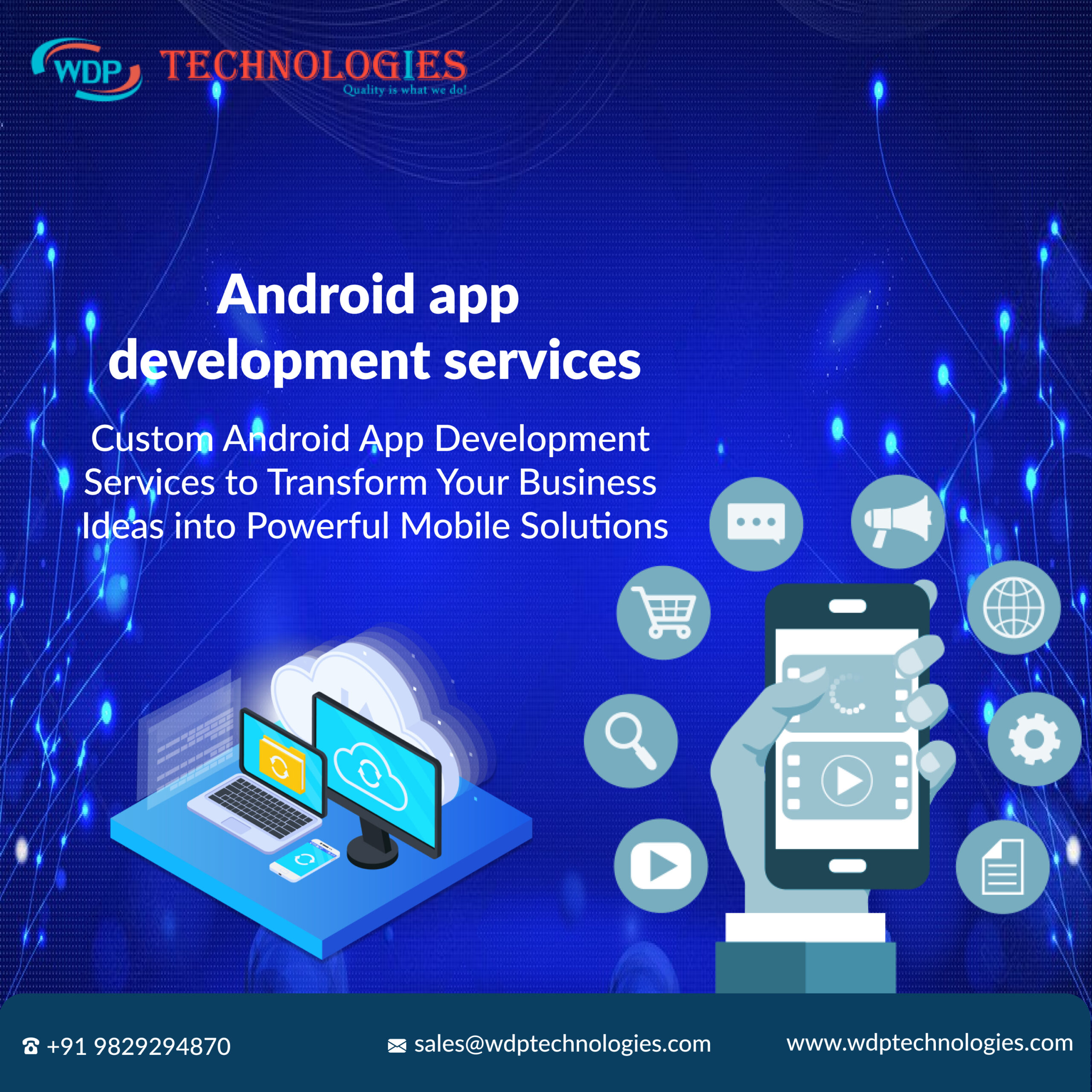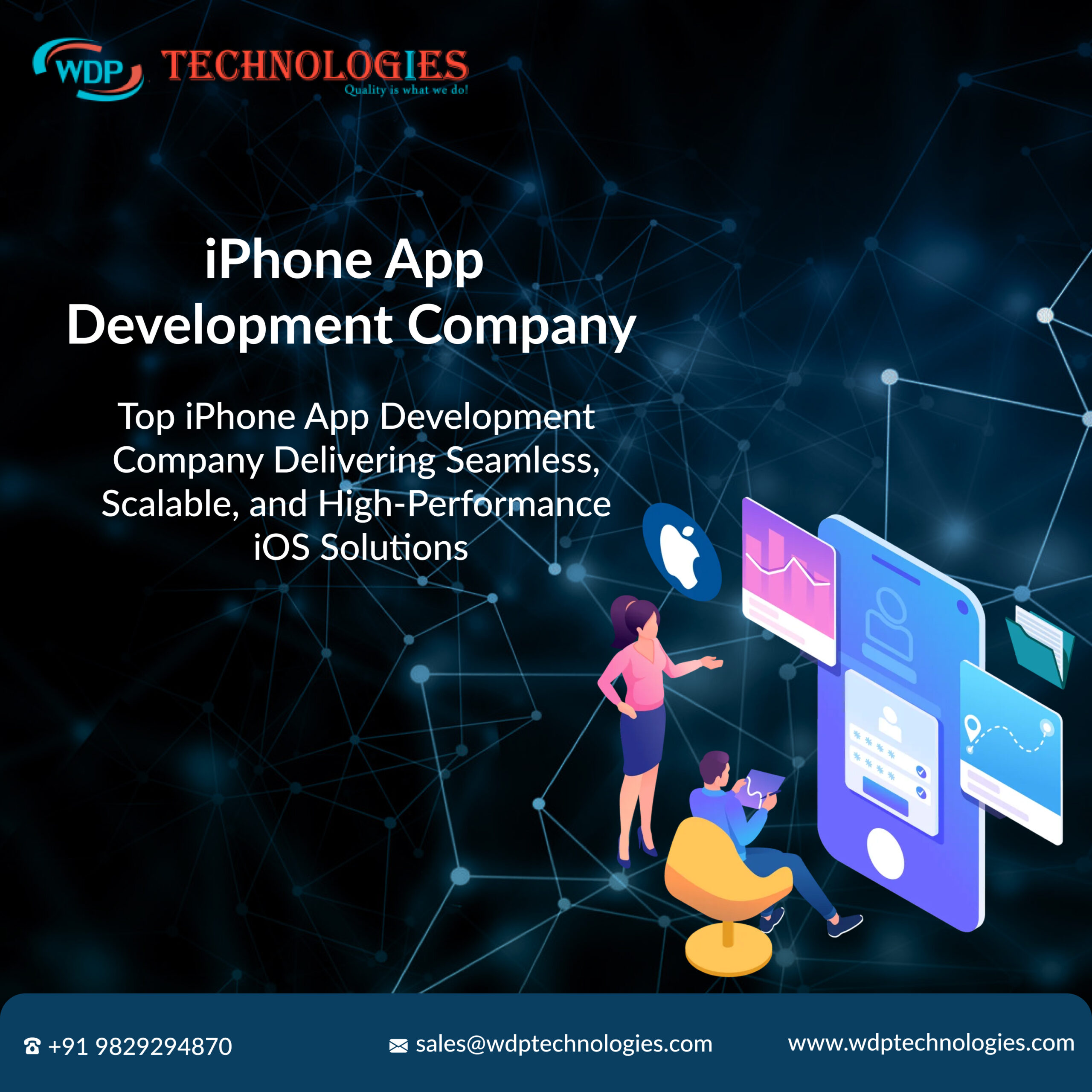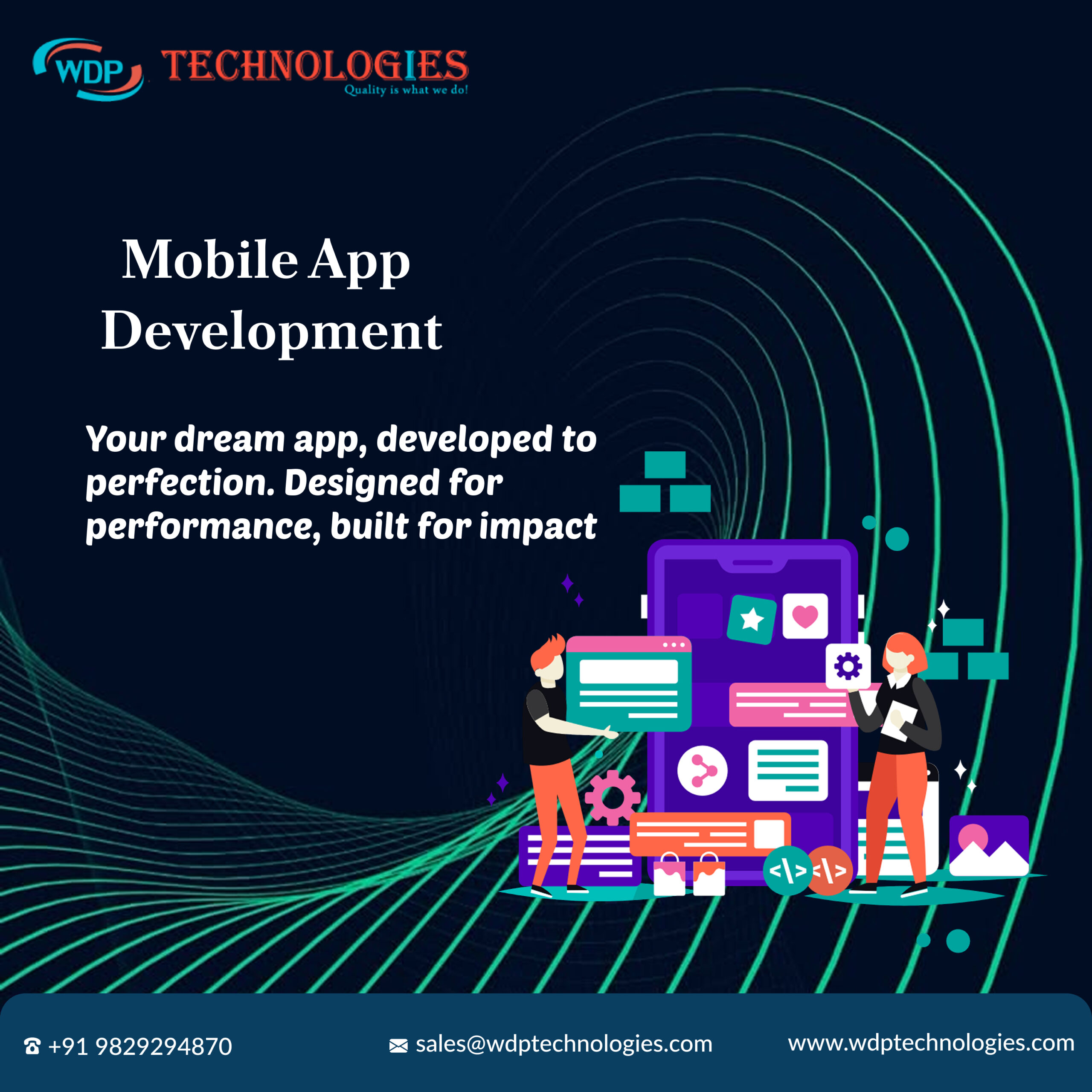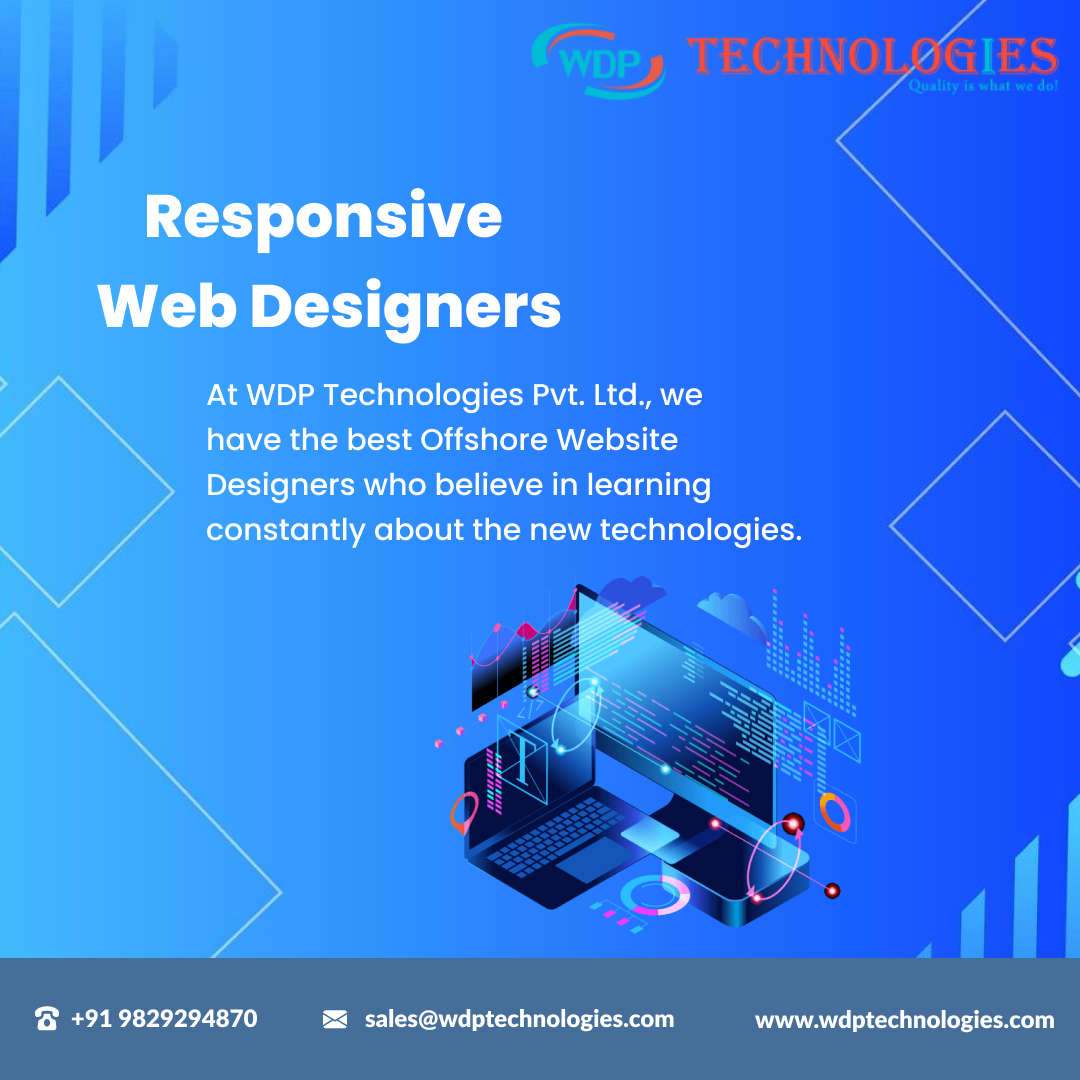In today’s fast-paced world, healthcare is more than just about providing medical care—it’s about delivering it efficiently, securely, and in a way that fits seamlessly into people’s daily lives. With the rise of mobile technology, healthcare apps have become crucial in improving patient care, providing health services remotely, and helping individuals manage their health more effectively. This detailed blog will explore healthcare app development services, the need for these apps, the features to include, and how these apps can benefit healthcare providers, patients, and the entire healthcare ecosystem.
Why Healthcare Apps Are Essential
The healthcare industry is constantly evolving, and digital health solutions are playing an increasingly significant role in this transformation. Healthcare apps are revolutionizing how patients interact with their healthcare providers, manage their health, and monitor their wellness. Here’s why healthcare apps have become so important:
Patient Convenience: Mobile healthcare apps offer patients the convenience of accessing healthcare services remotely, reducing the need to visit clinics or hospitals for routine check-ups or minor ailments.
Telemedicine: With telemedicine features integrated into healthcare apps, doctors and specialists can connect with patients in remote areas, making healthcare more accessible.
Health Monitoring: Apps can track various health metrics like heart rate, blood pressure, blood glucose levels, and activity levels, giving patients more control over their health.
Cost-Efficiency: By leveraging technology, healthcare apps can help providers streamline their services and reduce operational costs.
Data Collection: These apps can collect patient data that can be used for research, improving treatment protocols, and patient outcomes.
Key Features to Include in a Healthcare App
Developing a healthcare app is not just about creating a functional tool; it’s about making it secure, user-friendly, and feature-rich. Here are some of the essential features that should be integrated into a healthcare app:
1. User Profiles
Allow users (patients and doctors) to create detailed profiles that include medical history, allergies, medications, contact information, and insurance details.
A comprehensive profile helps healthcare providers offer personalized care.
2. Appointment Scheduling and Management
Provide users with an easy-to-use interface for scheduling, rescheduling, and canceling appointments.
Patients can choose a date, time, and doctor, and receive automated reminders to reduce no-shows.
3. Telemedicine Integration
Secure video consultation features for remote consultations between doctors and patients.
Integrating video chat, text chat, and audio calls allows healthcare providers to offer virtual consultations and monitor patients’ progress.
4. Health Tracking and Monitoring
Integrate tools that allow users to track their daily health parameters like heart rate, steps taken, calories burned, sleep patterns, and other vital metrics.
Push notifications or reminders can prompt patients to check their health regularly.
5. Electronic Medical Records (EMR)
The app should allow healthcare providers to store, update, and access a patient’s medical records digitally.
This feature helps improve the accuracy of diagnoses and treatment plans.
6. Medication Reminders
Integrate medication reminders to alert patients when it’s time to take their prescribed medications.
The app can track patient adherence to prescribed medication schedules.
7. Real-time Health Data Sync
Sync data from wearables, such as fitness trackers and medical devices, to provide real-time insights into the patient’s health condition.
This can help doctors make informed decisions and recommend immediate interventions if necessary.
8. Payment Gateway Integration
Secure payment options for billing and purchasing medicines, ensuring that users can easily pay for consultations, prescriptions, and other services within the app.
9. Push Notifications
Automated push notifications to keep patients informed about new appointments, test results, medication refills, and health tips.
10. Health Content and Resources
Provide valuable health content such as blogs, articles, videos, or FAQs related to wellness, nutrition, fitness, and common medical conditions.
This feature encourages user engagement and helps patients understand their health better.
Benefits of Healthcare Apps
Improved Patient Care: Healthcare apps make it easier for patients to track their health, communicate with doctors, and access treatments, resulting in better overall care.
Reduced Costs: By streamlining healthcare processes, healthcare apps reduce administrative burdens, cut operational costs, and enable providers to focus on patient care.
Better Communication: Direct communication between doctors and patients ensures timely consultations, reducing miscommunication or delays in treatment.
Increased Accessibility: Patients in remote areas or those with mobility issues can access medical consultations and services without leaving their homes.
Better Health Management: Patients can actively track their health metrics, improving awareness and adherence to treatment plans.
Conclusion
The healthcare industry is rapidly embracing digital transformation, and healthcare apps are at the forefront of this revolution. Whether it’s providing remote consultations, monitoring patient health, or facilitating easy access to medical records, these apps are essential for improving both the patient experience and healthcare delivery.
Investing in a healthcare app can empower patients, enhance the capabilities of healthcare providers, and ultimately lead to better health outcomes. If you’re looking to develop a healthcare app, ensure that you partner with an experienced app development team that understands the intricacies of healthcare regulations, data security, and user experience.
Let us know how we can assist you in turning your healthcare app idea into reality!
Call to Action: If you are looking for expert healthcare app development services, contact www.wdptechonologies.com to discuss your requirements and start your project!






